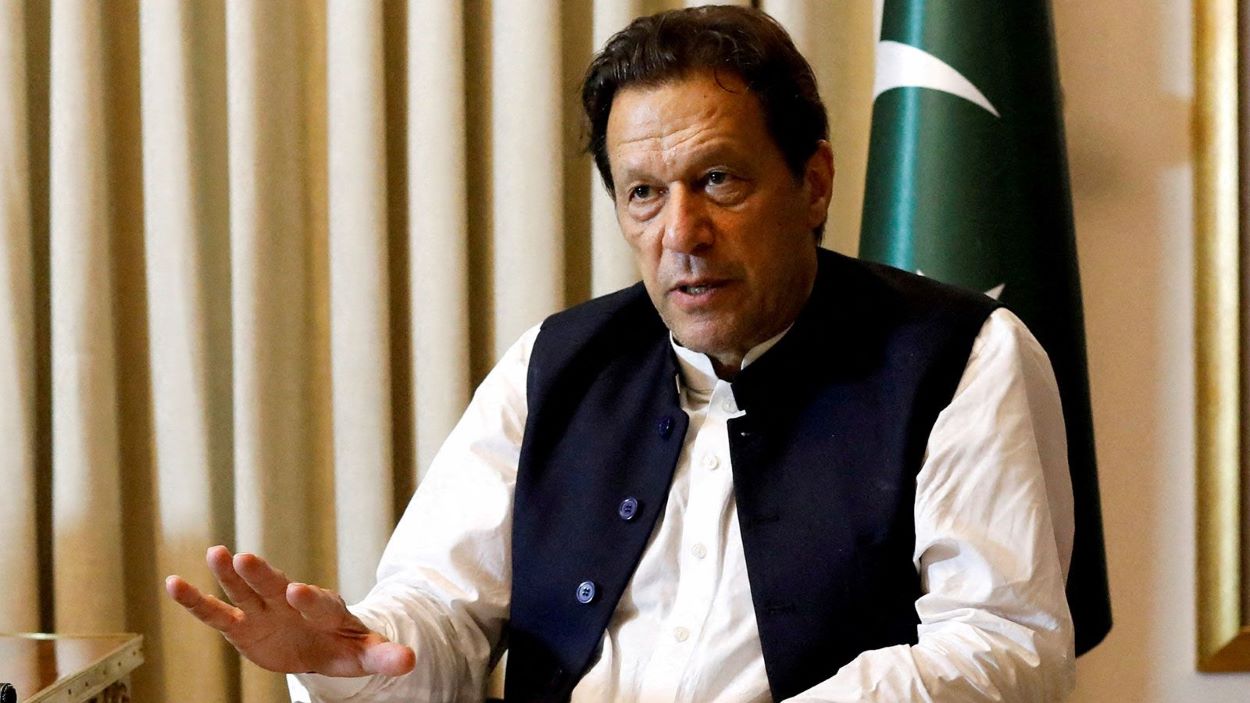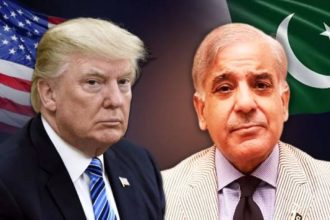Former Prime Minister Imran Khan, now incarcerated, has directed his PTI party leadership to cease all negotiations with the establishment, stating that such engagements only empower their adversaries.
“There is no point in engaging with the establishment. As we retreat, they only intensify their suppression. This isn’t the institution’s policy but that of the third umpire,” Khan stated during a media interaction inside Adiala Jail, marking his one-year incarceration.
Reflecting on his prison experience, Khan dismissed any notion of breaking under pressure. “They assumed I’d crumble in solitary confinement. Despite spending up to 22 hours a day alone and enduring intense heat, my sportsman’s training prepared me to withstand pressure,” he explained.
Khan parallels Japan’s post-war recovery, crediting intact institutions and moral foundations. “Unlike here, where the ‘extension mafia’ and the Gang of Three jeopardize our future for personal gain,” he added.
Read: ECP Sets Hearing for PTI Intra-party Elections Case
He cited the Hamoodur Rahman Commission Report, emphasizing its lessons on the dangers of power lust that led to East Pakistan’s loss—highlighting the report’s concealment rather than using it as a lesson.
Khan also declared a protest in Rawalpindi on Saturday, stating no official permission was necessary. “Our lawyers will protest at the Supreme Court tomorrow. It’s clear that [Chief Justice] Qazi Faez Isa, Sikandar Sultan Raja, and the third umpire are manipulating the judiciary,” he asserted.
He criticized Justice Isa for failing to uphold fundamental rights and not initiating judicial inquiries into the detention of PTI members like Mehmoodur Rasheed and Ijaz Chaudhry. Comparing the local political scenario to Palestine, Khan claimed similar tactics are used to suppress dissent.
Regarding the Al-Qadir Trust case, Khan denied any financial gain, noting the land was donated, similar to contributions to Shaukat Khanum Hospital.
On party matters, Khan reaffirmed that all leaders, including Ali Amin Gandapur, were instructed against engaging with the establishment. “Since Bajwa’s tenure, they’ve opposed discussions on neutrality. The more we concede, the stronger their oppression,” he noted.






